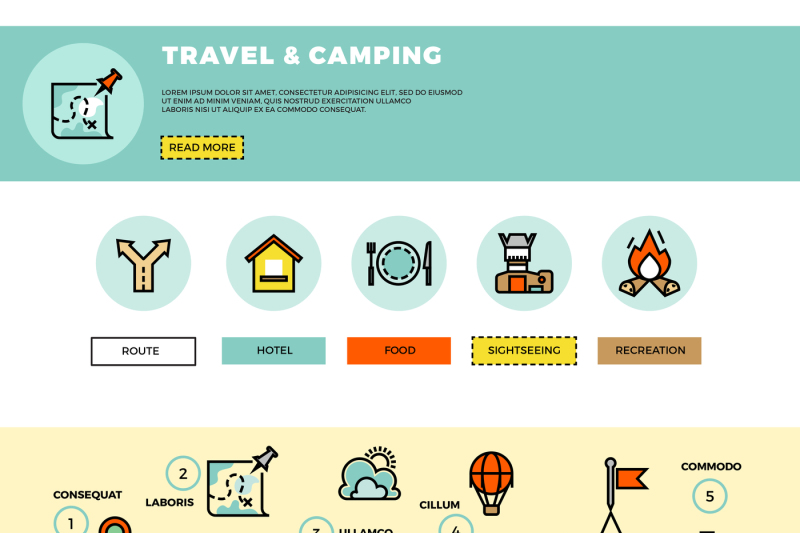Outdoor tents sturdiness is essential to ensuring secure, successful occasions. From framework products to anchoring systems, every aspect of an outdoor tents influences its security and durability in various climate condition.
In windy locations, frame tents are more secure than century post outdoors tents. Their inflexible structures spread out stress equally, lowering the threat of failing in one place during strong gusts.
Steel
Picking the most effective structure product relies on the degree of sturdiness required for a given application. As an example, a cover camping tent used for winter outdoor camping requires to be durable enough to take care of snow buildup and freezing temperatures. In such instances, steel metal frameworks may be preferable to light weight aluminum ones.
Steel has a lower initial price than aluminum but calls for deterioration security and routine maintenance to continue to be sturdy. Nonetheless, it has a greater tensile toughness than light weight aluminum and can sustain even more weight.
Occasion hosts can expand the life-span of their tents by applying waterproof treatments and carrying out routine assessments for indications of deterioration. This can substantially enhance their toughness for a variety of weather, making them appropriate for different occasions. With correct maintenance and use, both pole and framework outdoors tents can provide resilience for 5 to one decade. They can be a reputable choice for official events and exterior weddings.
Light weight aluminum
Unlike steel frames, light weight aluminum is naturally immune to corrosion and corrosion. When paired with long lasting fabric materials, light weight aluminum camping tents can keep their stability and longevity for many years ahead. This longevity minimizes maintenance costs and permits clients to buy premium, resilient deluxe camping tents that include worth to their event facilities.
Steel structure tents are more probable to bend under extreme weather, which can damage their structural stability. Nonetheless, if they are correctly treated with anti-corrosion finishes, they can withstand the exact same problems as light weight aluminum tents. This makes them an ideal selection for use in high-stress atmospheres that require a stronger, extra resilient structure.
In addition, steel frameworks have a higher compressive stamina than light weight aluminum. This means that they can stand up to greater quantities of pressure without bending, which is necessary for large-span applications like aircraft hangars. Nevertheless, steel can be expensive to deal with due to the fact that it calls for specialized tools and devices. This can make it harder to establish a steel frame outdoor tents, which may boost labor expenses and cause enhanced insurance coverage costs.
Hardwood
A solid camping tent structure is critical to ensuring the security of occasion guests and campers alike. The right tent material and framework type can additionally aid you decrease repair service expenses by standing up to damage from harsh ecological conditions.
For instance, frame century pole camping tents use a main post to sustain the cover from above, which places extra stress on one specific element throughout solid winds or adverse weather conditions. Mount tents, on the other hand, utilize aluminum or steel beam of lights in a grid-like pattern to distribute stress uniformly throughout the whole framework.
This even distribution of load likewise helps in reducing movement or shifting in windy weather, making framework camping tents a lot more stable than pole tents in numerous terrain and surface area conditions. Selecting a top quality structure product along with strong cover textiles and secure anchoring systems additionally boosts the toughness of your tent, securing it versus damages or architectural failure. This results in less pricey fixings or disruptions throughout important events.
Fabric
The textile utilized in a camping tent influences just how well it withstands different weather conditions. As a whole, much heavier materials offer better longevity than lighter textiles. For instance, cotton-based canvas tents withstand gusty atmospheres because of their remarkable toughness and resistance to deterioration. They also include great breathability to control interior temperature levels and lower condensation levels. However, they are quite heavy, which may hinder portability for hikers and backpackers.
Nylon camping tents are especially light, making them excellent for hiking and various other activities that require portability. Nylon is likewise a resistant and sturdy material, ensuring that the tent holds up to the elements. However, it might be susceptible to moisture and condensation, which can result in mildew or mold and mildew growth.
Occasion hosts should think about their expected weather conditions when choosing a tent. Framework tents outmatch pole camping tents in harsh weather, offering higher security and stamina for an extra dependable sanctuary. With normal care and assessment, such as cleansing the tent material and examining the aluminum or steel framework links, these tents can last 10 to 15 years or even more.
